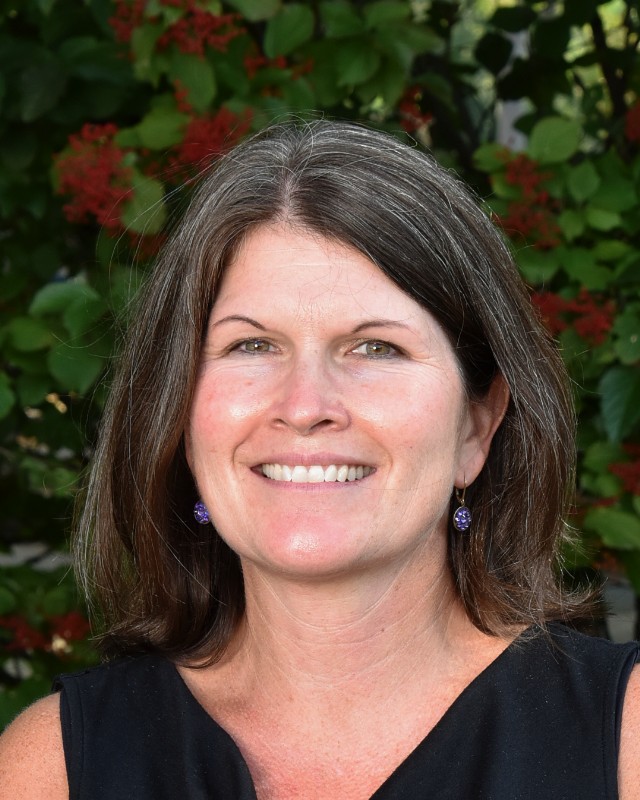This past weekend, I raked the never-ending supply of leaves and prepared the yard for cooler weather. While working, I remembered a similarly warm autumn weekend when my son, William, was 10. I was dirty, sweaty, thirsty, and tired from the outdoor chores, and found William cozily engrossed in a book. (One he'd read so many times, the spine was no longer intact.)

With irritation in my voice, "Rather than reading that book again, please come help me with the chores!" William earnestly responded, "But mommy, you like working in the yard and I don't." William's right. I do enjoy working in the yard and much of that joy blossomed at an early age when I "had to" do chores. Now, I fondly remember planting tulip bulbs with my dad in the fall, harvesting and "snapping" beans with my grandmother in the summer, and hauling firewood in the winter.
William's reply is important to me for three reasons:
-
From a young age, he noticed his parents doing chores without complaint but with purpose.
-
As an adult, I connect even laborious childhood chores with some of my most vivid and positive childhood memories.
-
Chores at home fall into two categories: want
tos and havetos
Work at school can also feel like a want to or a have to. For instance, a child may like:
-
Calculating numbers but thinks
solving word problems is arduous -
Dumping out materials to build but prefers someone else pick up
-
Talking about ideas but doesn't like writing them on paper or via keyboard
-
Creating games on the playground but doesn't like to compromise
-
Being the line-leader but doesn't like being second in a line
As parents and teachers, we work hard to keep things fun and exciting for our children, sometimes feeling like we haven't succeeded because our children are indifferent or unwilling. And, if not careful, we even adjust and appease rather than adhering to and restating the expectations.
After reading Julie Lythcott-Haims' book, How to Raise an Adult… and viewing her TED Talk How To Raise Successful Kids - Without Overparenting, I'm affirmed as a mom and an educator that, although easier and faster to placate, our message must be that we trust our children with age-appropriate responsibilities, care about them developing independent skills even when it's hard, and believe that they can explore, try, fail, and find purpose by doing (via want tos AND have tos ).
As I finished raking the leaves last weekend, I put away my memory of William's 10-year-old response and walked into the house, only to find William watching a soccer game while folding the family's laundry. William, now 17 years old, is a young man who is managing, balancing, and enjoying life at home and school - contributing, I think, positively to both communities. With self-efficiency and confidence, he can complete tasks, work out problems, and handle different situations.
Teaching children to be conscientious is important to their success in the future. As a parent, I strive to do this for my own children, and as the Head of Lower School at Sanford, I try to model self-reliance and responsibility to even the youngest children on campus. I hope that as our students move through and, eventually, beyond the Lower School I can support them in developing the strong character traits that will benefit them as they tackle both the want tos and the have tos in life.
Libbie Zimmer is the Head of Lower School at Sanford School, a Preschool- 12 private









